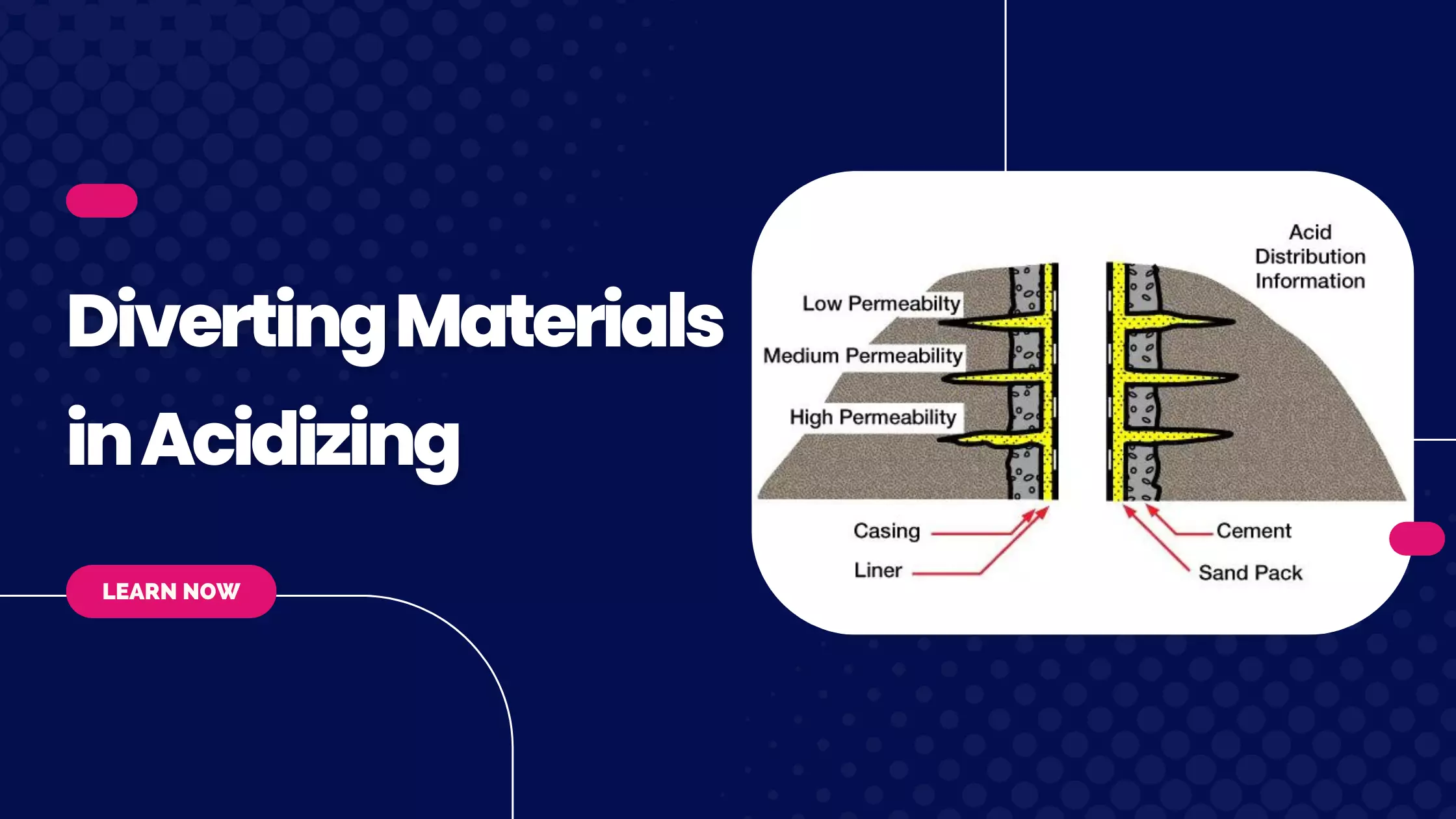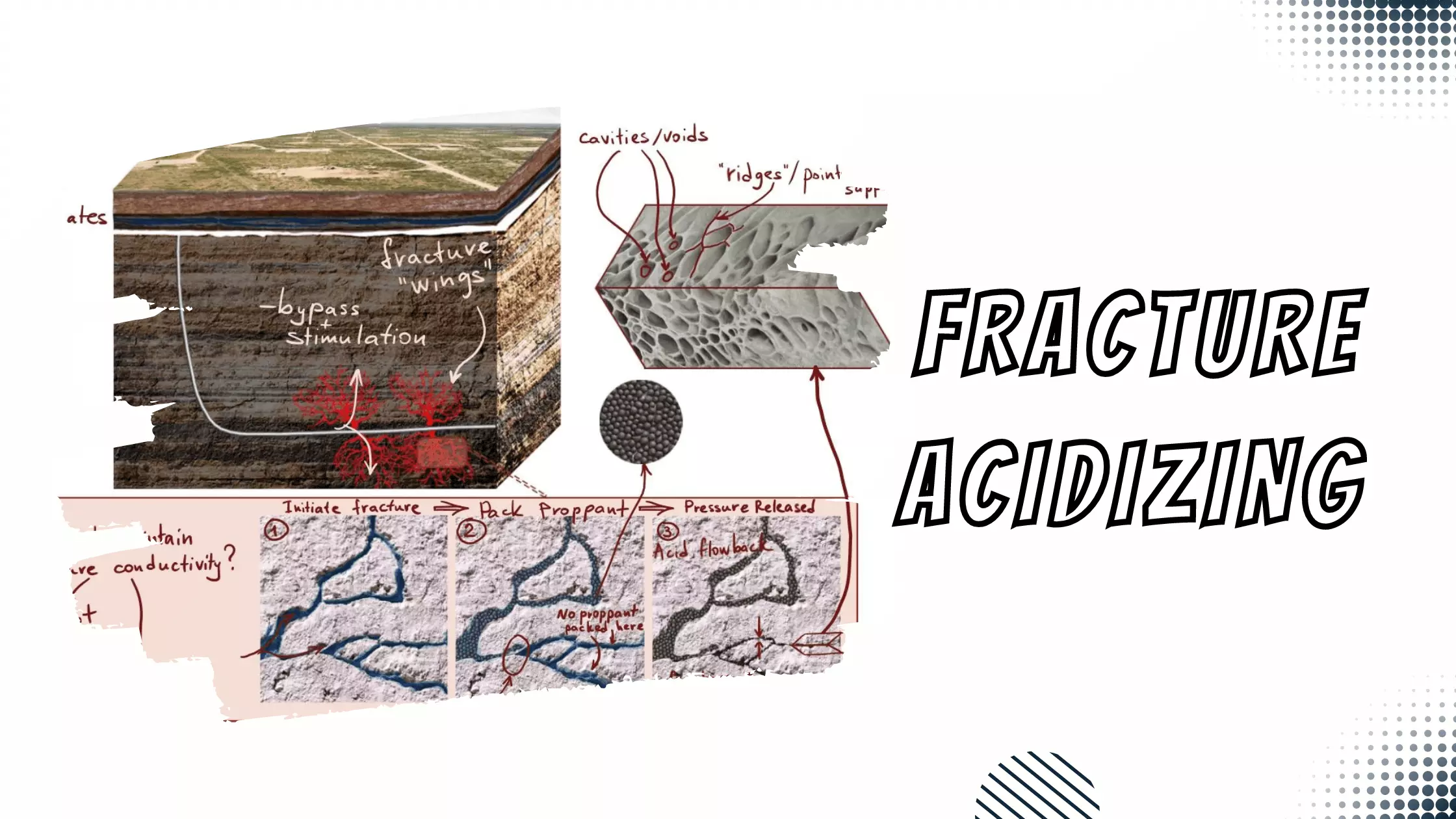Future Trends in Reservoir Engineering
Reservoir engineering is a dynamic field that continually evolves to meet the challenges of the oil and gas industry. As technology advances and industry demands change, reservoir engineers are at the forefront of developing innovative solutions to optimize reservoir performance and maximize hydrocarbon recovery. In this section, we will explore some of the future trends in reservoir engineering.
- Digitalization and Big Data: The increasing availability of data and advancements in data analytics and machine learning techniques are revolutionizing reservoir engineering. Reservoir engineers are leveraging big data analytics to gain valuable insights into reservoir behavior, optimize production strategies, and make data-driven decisions. Digital tools and platforms enable real-time monitoring and reservoir performance analysis, leading to improved reservoir management practices.
- Integrated Reservoir Modeling: Integrated reservoir modeling involves the incorporation of multiple data sources and disciplines to create a holistic representation of the reservoir. Reservoir engineers are integrating geological, geophysical, and production data into comprehensive reservoir models, allowing for a more accurate assessment of reservoir behavior and performance. This approach enables engineers to optimize production and recovery strategies by considering all available information.
- Reservoir Monitoring and Control Systems: Advanced monitoring and control systems are becoming essential in reservoir engineering. Reservoir engineers utilize sensors, downhole measurements, and real-time data acquisition to continuously monitor reservoir conditions. This data is then used to optimize production rates, detect anomalies, and proactively respond to changes in reservoir behavior. Intelligent control systems automate processes, allowing for more efficient and adaptive reservoir management.
- Artificial Intelligence and Machine Learning: Artificial intelligence (AI) and machine learning (ML) techniques are being extensively utilized in reservoir engineering. AI and ML algorithms can analyze vast amounts of data, identify patterns, and make predictions, aiding in reservoir characterization, production optimization, and reservoir management. These technologies enable engineers to extract valuable insights from complex data sets, leading to improved decision-making and operational efficiency.
- Reservoir Simulation Advancements: Reservoir simulation remains a key tool for reservoir engineers, and ongoing advancements in simulation technologies are enhancing their predictive capabilities. High-resolution numerical modeling, incorporation of complex physics, and improved computational algorithms are enabling more accurate representation of reservoir behavior. Enhanced reservoir simulation models provide engineers with better predictions of production rates, reservoir performance, and the effectiveness of recovery techniques.
- Carbon Capture, Utilization, and Storage (CCUS): With the growing emphasis on reducing carbon emissions, reservoir engineers are playing a crucial role in CCUS projects. Reservoirs can be utilized for carbon storage, contributing to greenhouse gas reduction efforts. Reservoir engineers are involved in assessing reservoir suitability for carbon storage, monitoring injected carbon dioxide, and optimizing injection strategies for maximum storage efficiency.
- Sustainable Reservoir Management: As environmental concerns continue to shape the industry, reservoir engineers are focusing on sustainable reservoir management practices. This includes integrating renewable energy sources, optimizing water usage, minimizing environmental impact, and ensuring long-term reservoir viability. Sustainable reservoir management principles are being integrated into decision-making processes to balance economic goals with environmental stewardship.
The future of reservoir engineering lies in the convergence of advanced technologies, data-driven approaches, and sustainable practices. By embracing digitalization, leveraging big data analytics, and incorporating AI and ML techniques, reservoir engineers can unlock new insights, optimize production strategies, and ensure the responsible management of hydrocarbon reservoirs.
Conclusion
In conclusion, reservoir engineering plays a vital role in the efficient and sustainable development of hydrocarbon reservoirs. Through the application of advanced techniques and innovative approaches, reservoir engineers optimize reservoir performance, maximize hydrocarbon recovery, and ensure the long-term viability of reservoir assets.
Throughout this article, we have explored various aspects of reservoir engineering, including the basic concepts, enhanced oil recovery techniques, reservoir management, challenges, and future trends. We have discussed the importance of reservoir characterization, reservoir simulation, and production optimization in achieving optimal reservoir performance. We have also highlighted the challenges faced by reservoir engineers, such as reservoir heterogeneity, data limitations, and environmental considerations.
Looking ahead, the future of reservoir engineering is promising. Digitalization, big data analytics, integrated reservoir modeling, AI and ML techniques, advanced reservoir simulation, CCUS initiatives, and sustainable reservoir management practices will drive the field forward. These advancements will enable reservoir engineers to make data-driven decisions, optimize production strategies, and ensure the responsible utilization of reservoir resources.
Reservoir engineering is a dynamic discipline that continuously adapts to technological advancements and industry demands. By staying at the forefront of innovation, reservoir engineers will continue to overcome challenges, unlock new opportunities, and contribute to the efficient and sustainable extraction of hydrocarbon resources.
 Petro Shine The Place for Oil and Gas Professionals.
Petro Shine The Place for Oil and Gas Professionals.



